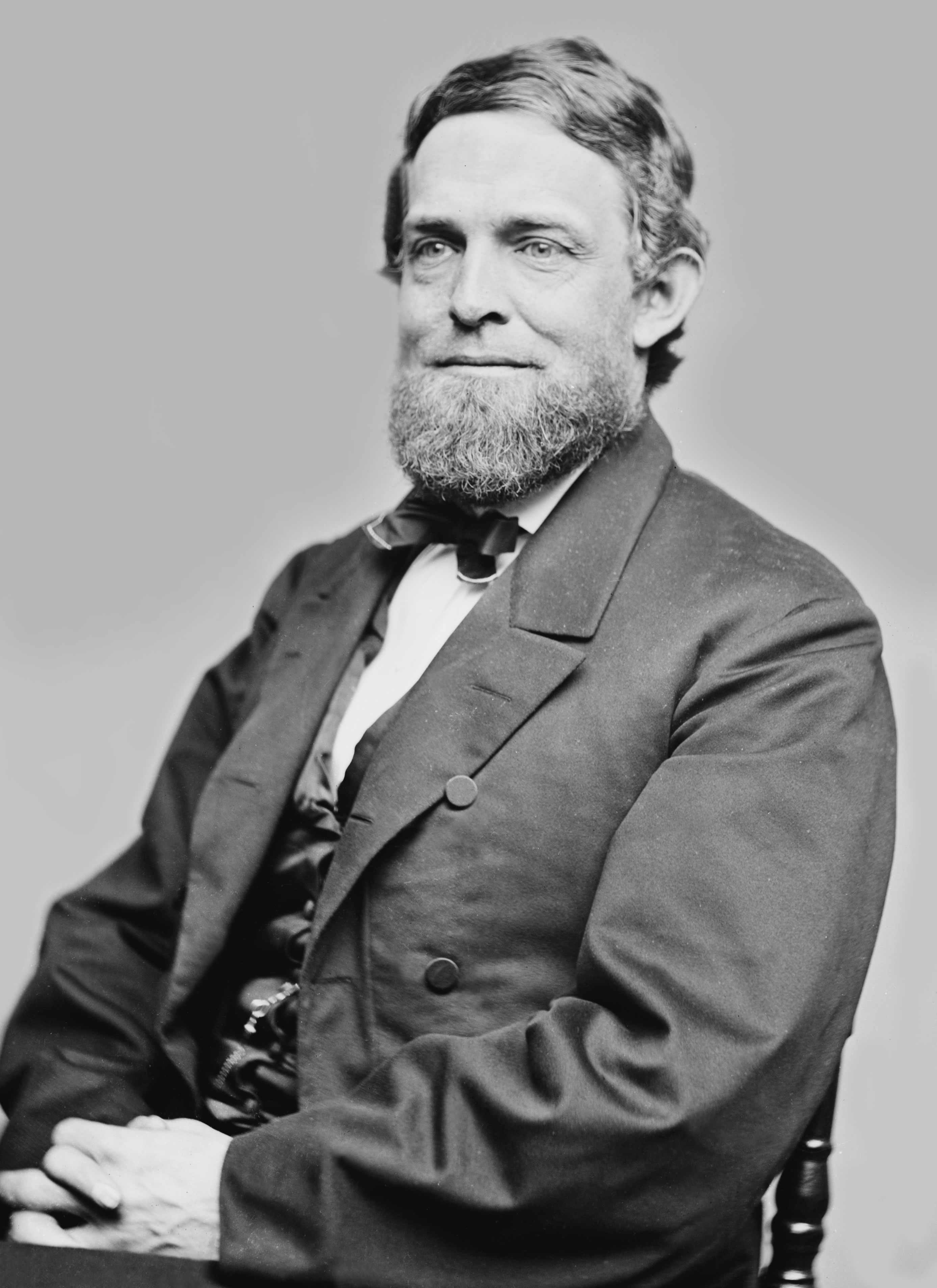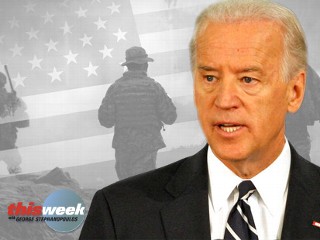And of course there was the well-publicized trip to Iraq.
The policy questions are interesting, but this blog is about process and, in particular, what is the Vice President for?

Showing the Flag
Woody Allen once said, “Ninety percent of life is just showing up.” Sending the VP is showing up in style, he (or she) is the diplomatic equivalent of sending a battleship to show the flag. A vice presidential visit is a good way to send the message both to leaders and to publics that the president cares about a given situation. The national security advisor may be an effective messenger to national leaders, but the NSA does not make the news or get parades. An NSA or regional Asst. Secretary of State can visit without much publicity, but a Vice President’s visit is a big deal. At least some components of whatever message needs to be delivered will become public.
This was Biden’s mission in Beirut. He showed the flag, let the people of Lebanon know that their election mattered to the United States and possibly gave the anti-Hezbollah forces a bit more spring in their step. This is a solid and appropriate role that has been played by numerous vice presidents – not only abroad but also domestically. Consider Al Gore’s debating Ross Perot on NAFTA – the president would have looked ridiculous lowering himself by debating Perot. Sending Gore allowed the administration to make its case, without debasing itself (they managed that a bit later.)
But a general doesn’t use his biggest gun on every target. First, the vice president has limited time – he cannot be in two places at once. There are situations that call for quiet and discretion, where the Assistant Secretary of State or even a specific back-channel envoy is more appropriate. (Vice President’s have been back-channels, but usually in the context of highly public events – such as the Gore-Chernomyrdin Commission.)
Another arena in which the President needs to show the flag is within the bureaucracy. The U.S. government is a set of massive organizations each of which have a unique set of complex internal procedures and constituencies. Presidents have to choose very carefully what they hope to change and what kinds of outputs they hope to achieve. On crucial issues they in effect need to “show the flag.” Presidents, Bureaucrats, and Foreign Policy: The Politics of Organizational Reform, by I.M. Destler (who – full disclosure – has the misfortune of being my advisor), was written in 1972 and described difficulties that Presidents and the State Department had been having since the end of World War II. Now, over thirty-five years later, much of what Prof. Destler wrote is remarkably current. In his conclusions, Destler advises that Presidents
…a bureaucratic political strategy which seeks to build centers of strength responsive to the President at as many levels and places within the bureaucracy as possible.Fancy speak, for cadres up and down the bureaucratic ranks who can “show the flag,” that is remind people what the President wants to see done. It should be understood, that most of the denizens of massive bureaucracies are not opposed to the President, whoever it is. But managers in government agencies don’t usually hear much from the President and are much more likely to regularly hear from other constituencies such as congress, the media, interest groups, other agencies and in the case of foreign affairs, other countries.
This is an interesting question – inside the bureaucracy, where is the VP best positioned to show the flag? Bush I played an inter-agency coordinating role on several national security issues (NSC’s Crisis Management Group, Counterterrorism Commission, and the South Florida Task Force.) He was generally given high marks for this work. Cheney on the other hand appeared to act as the President’s enforcer – say in the recent CIA brouhaha. When this is done, enforcement may be tough to keep quiet.
These are just preliminary thoughts.





